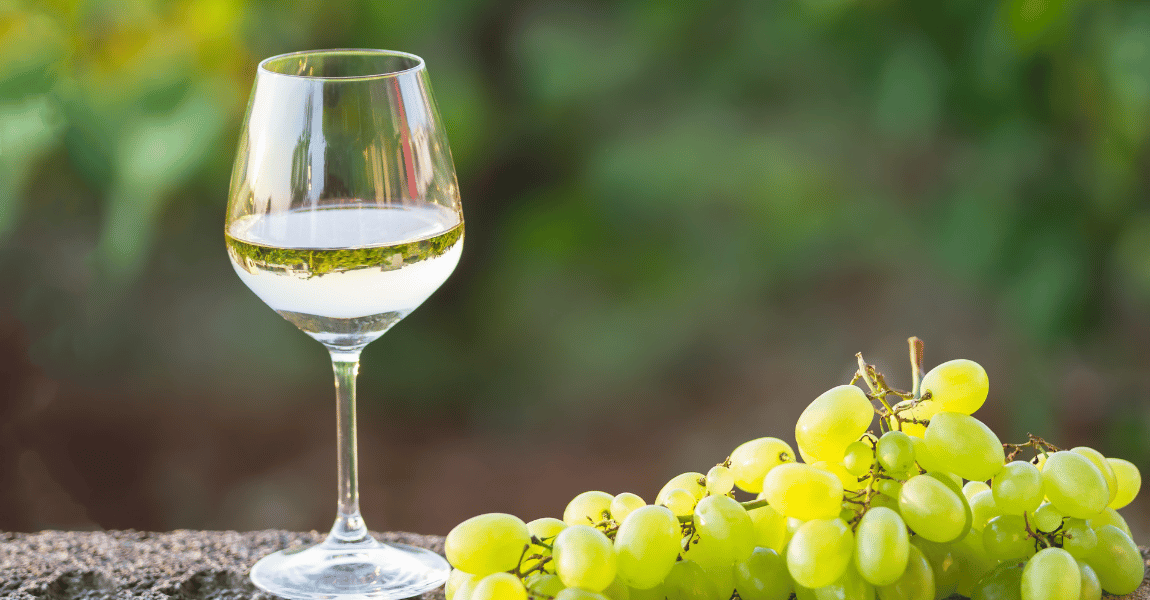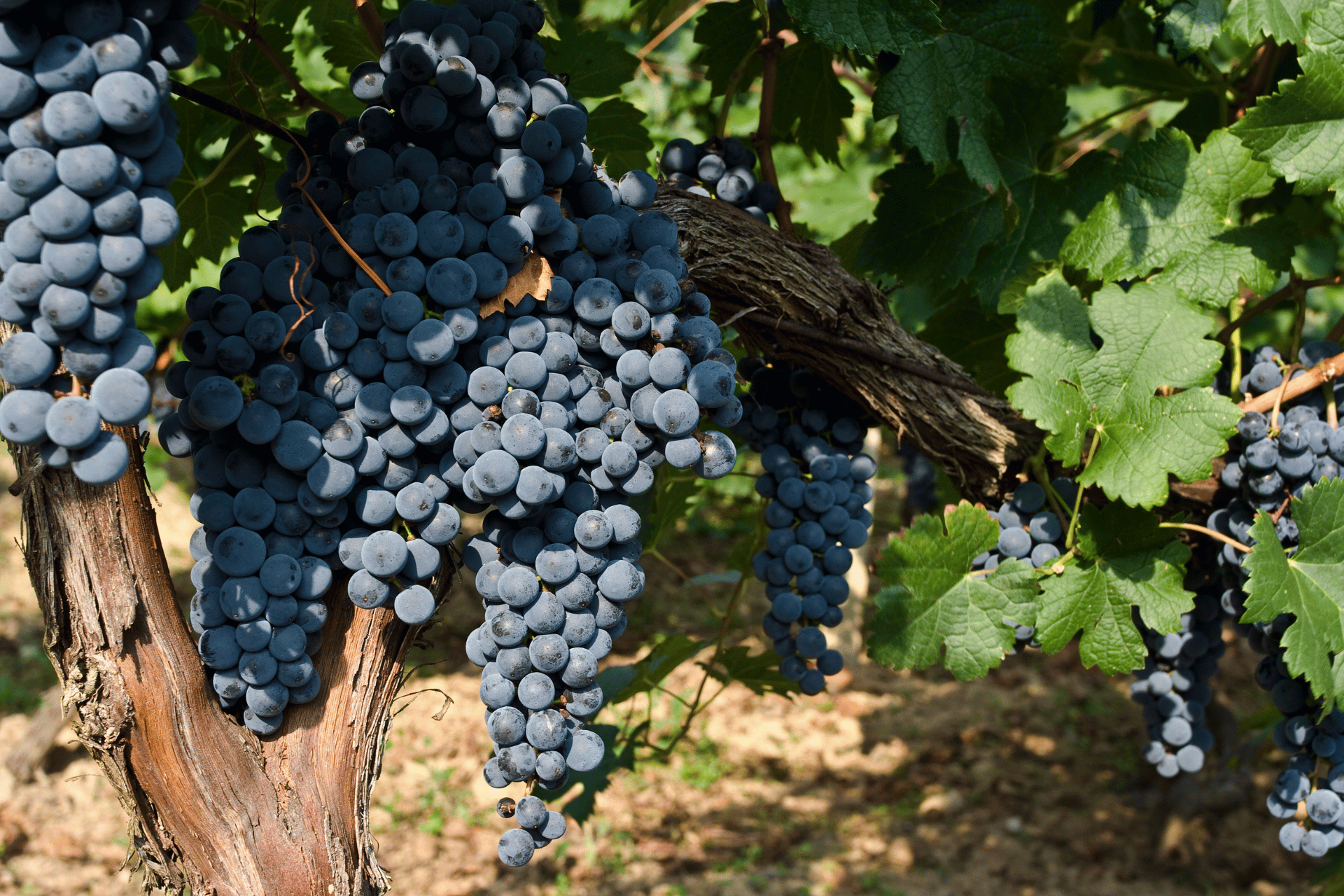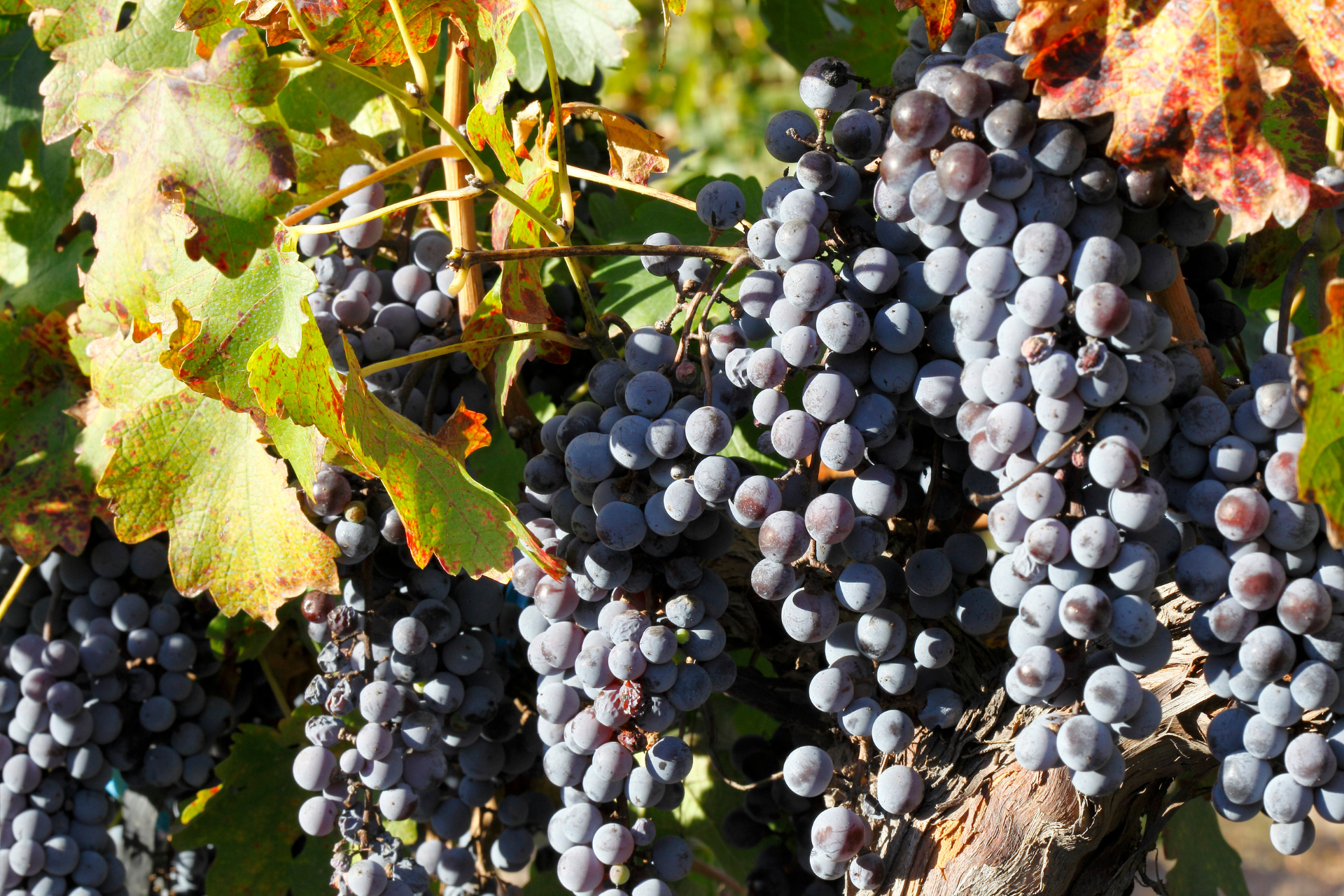Why Most Wines Aren't Vegan
Why Most Wines Aren't Vegan: Understanding the Process and Finding Alternatives

Wine has long been considered a staple of social gatherings, fine dining, and relaxation.
However, many people are surprised to learn that most wines are not vegan-friendly.
This is due to the traditional winemaking processes that often involve the use of animal-derived fining agents. These agents are employed to clarify the wine, ensuring a clear and visually appealing final product.
In this article, we will explore why many wines are not vegan, the specific role of fining agents, and how vegans can find suitable alternatives.
The Role of Fining Agents in Winemaking
Fining agents play a crucial role in the winemaking process by removing unwanted particles, proteins, and tannins that can affect the wine’s clarity, taste, and texture.
This step ensures that the wine meets consumers' expectations for a polished appearance and refined flavour profile.
Unfortunately, the agents traditionally used in this process are often derived from animal sources.
Common Animal-Derived Fining Agents
Isinglass:
Derived from the swim bladders of fish, isinglass is primarily used in the clarification of white wines.
It helps to eliminate haziness and creates a bright, clear appearance.
Egg Whites:
Egg whites, or albumin, are commonly used in red wine production.
They bind with tannins to smooth out the wine’s texture and reduce bitterness.
Casein:
A milk protein, casein is often employed to correct oxidized wines and enhance clarity.
It is particularly effective in reducing unwanted brown hues in white wines.
Historical Fining Practices in Winemaking
The fining process in winemaking has a long and storied history, reflecting the evolution of both winemaking techniques and societal norms.
Historically, winemakers employed various fining agents to clarify and stabilize wine, some of which might seem surprising or even unsettling by today's standards. These agents were chosen for their ability to attract and remove unwanted particles, such as tannins, proteins, and yeast, that could cloud the wine or cause it to spoil prematurely.
Early Fining Agents: Animal-Derived Substances
One of the most striking aspects of historical fining practices is the reliance on animal-derived substances. In ancient winemaking, substances such as blood, bone marrow, and egg whites were commonly used.
Blood, for instance, was prized for its protein content, which could bind to tannins and other astringent compounds, resulting in a smoother and clearer wine. Similarly, bone marrow, although less documented, was occasionally employed for its coagulating properties.
These practices were rooted in both empirical observation and tradition. Winemakers discovered that proteins had a natural ability to bond with suspended particles, making them sink to the bottom of the barrel or vat, where they could be removed. While effective, the use of blood and similar substances eventually fell out of favour due to health concerns and changes in societal attitudes.
Transition to "Modern" Fining Agents
As winemaking techniques advanced, winemakers sought alternatives that were safer, more predictable, and aligned with evolving ethical standards.
Substances like isinglass (derived from fish bladders) and gelatin (extracted from animal collagen) became popular choices. These agents offered similar clarifying effects but were considered more refined and acceptable than earlier methods like blood.
Egg whites also became a staple in winemaking, particularly in regions like Bordeaux, where their use persists even today. A small amount of egg white is beaten and added to the wine, where it binds to harsh tannins, leaving behind a more polished product.
The Shift Towards Ethical and Vegan Practices
In recent decades, a significant shift has occurred in response to dietary preferences, ethical concerns, and increased consumer awareness. Many wine drinkers now seek vegan-friendly wines, prompting winemakers to replace animal-derived fining agents with alternatives like:
- Bentonite Clay: A natural clay that effectively removes proteins and stabilizes wine without the use of animal products.
- Activated Charcoal: Often used to remove off-flavours or odors, providing a plant-based fining option.
- Plant Proteins: Derived from sources like peas or potatoes, these proteins offer a functional and ethical substitute for traditional agents like gelatin.
Historical Significance and Modern Reflection
The evolution of fining practices reflects the broader history of winemaking as both a craft and a science.
Historical reliance on substances like blood and bone marrow underscores the pragmatic approach of early winemakers, who prioritised function over form. At the same time, these practices illustrate the close relationship between winemaking and the natural world, where nothing was wasted, and every resource had its purpose.
Today, winemakers balance tradition with innovation, often embracing modern techniques that respect historical knowledge while meeting contemporary demands for transparency and inclusivity. This shift not only enhances the appeal of wine to a broader audience but also fosters a deeper connection between the winemaking process and the values of its consumers.
By understanding historical fining practices, we gain a richer appreciation for the journey of winemaking—from its ancient roots to its present-day sophistication—and the interplay of tradition, science, and ethics that continues to shape this timeless craft.

Finding Vegan Wines
Although most wines are not inherently vegan, there are plenty of options available for those who prefer animal-free products.
Here are some tips for identifying and selecting vegan wines:
1. Unfined and Unfiltered Wines
Some winemakers skip the fining process altogether, producing wines labeled as “unfined” and “unfiltered.” These wines retain their natural qualities and are free from animal-derived agents.
While they may appear slightly cloudy, they often offer richer flavours and a more authentic expression of the grape.
2. Plant-Based and Mineral Fining Agents
In response to consumer demand, many wineries now use vegan-friendly alternatives such as:
Bentonite Clay:
- A natural, mineral-based fining agent that removes impurities without animal involvement.
- Particularly effective for stabilising white wines.
Activated Charcoal:
- Used to remove off-flavours and unwanted colours.
- A versatile option for both red and white wines.
Pea Protein:
- An emerging plant-based alternative to egg whites.
- Effective in reducing tannins and improving texture in red wines.
3. Certification Labels
Certification organisations such as BevVeg! provide assurance that no animal products were used in the winemaking process.
Wines with vegan certifications often display this information prominently on their labels, making it easier for consumers to identify suitable options.
Resources for Vegan Wine Lovers
Navigating the world of vegan wines can be challenging, but several resources are available to help:
1. Barnivore
Barnivore is a comprehensive online database of vegan alcoholic beverages, including wines, beers, and spirits. Users can search for specific brands and products to determine their vegan status.
2. Wine Labels
Carefully reading wine labels can provide valuable information. Look for terms such as "unfined," "unfiltered," or certifications that indicate the wine is vegan.
3. Specialty Retailers
Many wine retailers and online shops now cater to vegan consumers by offering curated selections of vegan-friendly wines. These businesses often include detailed product descriptions and certifications.
The Rise of Vegan Wines in the Market
The increasing popularity of plant-based diets and ethical consumerism has prompted many wineries to adopt vegan-friendly practices.
This shift is not only driven by demand but also by the broader sustainability movement within the industry.
Vegan wines are often marketed as part of a commitment to environmentally conscious and cruelty-free production methods.
Benefits of Choosing Vegan Wines
Ethical Considerations:
Avoiding animal products aligns with vegan principles and reduces harm to animals.
Environmental Impact:
Plant-based and mineral fining agents typically have a lower environmental footprint than animal-derived alternatives.
Health and Purity:
Vegan wines are often perceived as more natural and less processed, appealing to health-conscious consumers.
Challenges in Identifying Vegan Wines
Despite the growing availability of vegan wines, some challenges remain:
1. Lack of Transparency
Winemakers are not legally required to disclose fining agents on their labels. As a result, many consumers are unaware that animal products were used in the process.
2. Limited Selection in Some Markets
While vegan wines are becoming more common, they may still be difficult to find in certain regions or smaller wine shops.
3. Higher Costs
Vegan certification and the use of alternative fining agents can increase production costs, leading to higher retail prices.
How to Advocate for More Vegan Wine Options
As a consumer, you can play an active role in encouraging the production of vegan wines:
Support Vegan-Friendly Wineries:
Purchase wines from producers who prioritise ethical and sustainable practices.
Request Transparency:
Encourage wineries to disclose their use of fining agents and seek certification from vegan organisations.
Educate Others:
Share your knowledge about vegan wines with friends, family, and online communities to raise awareness and increase demand.
Conclusion
While most wines are not vegan due to the use of animal-derived fining agents, there are many ways to enjoy vegan-friendly options.
By understanding the winemaking process and seeking out alternatives such as unfined wines, plant-based fining agents, and certified vegan labels, consumers can make informed choices that align with their values.
As the wine industry continues to evolve, the availability of vegan wines is expected to grow, offering more options for ethical and sustainable enjoyment.
Wine and Cheese Affair News


